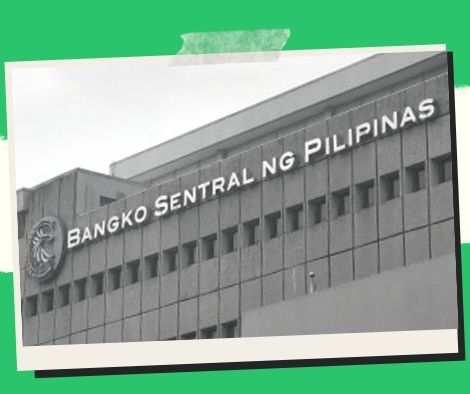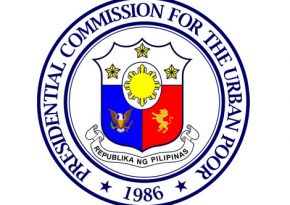
Pilot testing of P1K polymer banknotes is planned for H1 2022, according to the BSP.
Starting in the first half of 2022, the Bangko Sentral ng Pilipinas (BSP) will pilot the usage of PHP1,000 polymer notes, which are said to be cleaner, cheaper, stronger, and smarter than paper bills.
BSP Deputy Governor Mamerto Tangonan said in a video briefing on Monday that they will start with “a few hundred million pieces” of PHP1,000 notes, the most withdrawn denomination, to be distributed across the country.
“It needs to be distributed around the country.” It must be utilized by the general public in order for us to observe how it acts so that we can test the banknotes and get input on how our people, our general population, would handle them. Because, at the end of the test, we’d like to see if the benefits I described before, which have been observed and reported by other central banks, might hold or be true for the Philippines under our unique circumstances,” Tangonan added.
According to him, the number of polymer notes issued during the pilot-testing period will be removed from the total supply of PHP1,000 banknotes distributed during that time.
“We must issue the correct amount of currency in circulation, thus it must be correct. We can’t supply too much or too little at the same time. That will be included in the currency basket that will be issued,” he added.
Polymer banknotes are made of synthetic polymers such as biaxially-oriented polypropylene (BOPP), which are more hygienic than paper bills, can have more security features, are more cost-effective because they are more durable, and environmentally friendly because they are recyclable and have a smaller environmental footprint than paper bills.
According to Tangonan, the BSP has studied the experiences of Canada, Australia, New Zealand, and Mexico, among others, in its quest to deploy polymer banknotes.
Polymer banknotes, he claimed, have a 2.5 to four times longer lifespan than paper bills because they are water and dirt resistant and, unlike paper bills, can be securely cleaned, which is the standard currently due to the pandemic, without causing damage.
Since the late 2000s, the BSP has been researching the use of polymer banknotes, and monetary authorities feel the necessity to pilot-test it now, not only to address the issue of sanitizing money, but also for economic and environmental reasons, he noted.
Tangonan stated that the initial batch of polymer banknotes will be sourced from outside the country, but that they intend to create them domestically in the future.
Polymer banknotes have been criticized in the past for having a negative influence on the country’s abaca industry, which will see decreased demand for its products.
The current banknotes are made of 20% abaca pulp and 80% cotton, a blend that the BSP requested from its specialized paper supplier in Asia.
Tangonan claims that the introduction of polymer notes will have little influence on local abaca producers, estimating a 2.1 percent share of abaca banknote content in total volume of abaca fiber output from 2012 to 2020.
He estimates that the value of abaca banknote content to the sector’s export earnings will be roughly 1.1 percent in 2020.
BSP now has two pre-selected abaca pulp suppliers, with 12 to 30 percent of their export production used for banknote papers.
The BSP banknotes paper supplier gets its abaca pulp from these abaca pulp providers.
According to Tangonan, the restricted distribution of test polymerization of the PHP1,000 banknote is expected to affect 0.2 to 0.4 percent of abaca farming jobs in 2020.
He estimates that revenue will be between 0.1 and 0.2 percent of 2020 exports, or roughly PHP8.5 million to PHP70 million.
While the BSP transitions to polymer banknotes, Tangonan said the BSP continues to support the abaca farming industry by purchasing their products for corporate giveaways.
He added that it has begun to collaborate with other government organizations, such as the Land Registration Authority (LRA) and the Department of Foreign Affairs (DFA), on the use of abaca substrate for papers and documents in order to make them more durable.
He further stated that as more countries transition to “green” economy items, abaca products will continue to be in great demand.
Save/Share this story with QR CODE
Disclaimer
This article is for informational purposes only and does not constitute endorsement of any specific technologies or methodologies and financial advice or endorsement of any specific products or services.
 Need to get in touch?
Need to get in touch?

We appreciate your reading. 
1.) 

Your DONATION will be used to fund and maintain NEXTGENDAY.com
Subscribers in the Philippines can make donations to mobile number 0917 906 3081, thru GCash.
3.) 
4.) 
AFFILIATE PARTNERS

World Class Nutritional Supplements - Buy Highest Quality Products, Purest Most Healthy Ingredients, Direct to your Door! Up to 90% OFF.
Join LiveGood Today - A company created to satisfy the world's most demanding leaders and entrepreneurs, with the best compensation plan today.

 Business, Finance & Technology
Business, Finance & Technology





